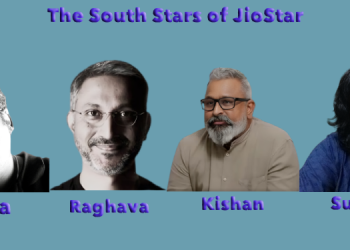Indian Broadcasting & Digital Foundation (IBDF) announced that All India Digital Cable Federation (AIDCF) has made inaccurate claims regarding the new pricing regime, which came into effect on February 1, 2023.
TRAI had notified the amended Regulations and Tariff Order on November 22, 2022, after extensive consultations. AIDCF members were also part of the consultative process and were aware of the timelines prescribed by TRAI.
TRAI’s 2017 regulations brought in a separate charge of Network Capacity Fees (NCF), which DPOs charge and collect from the subscribers for provisioning access to the TV services. According to IBDF, DPOs collect subscription fees in advance from consumers but do not pass the share to broadcasters in a timely manner. The price hike during implementation is largely due to the demand of the increase in the NCF by the DPOs and not at the back of the channel prices, IBDF added.
IBDF further stated that no pay TV channel is provided against the said charge, and the burden of this cost ultimately results in making the TV services expensive for the subscribers. The statement also highlights that the AIDCF’s claim of broadcasters driving up TV channel prices and 45 million households being impacted by channel disruption is false. Additionally, the AIDCF has not been granted any interim relief in multiple High Courts, and it is seeking to invoke public sympathy through a false narrative.
While the broadcasters are under no legal obligation to provide any additional opportunity to the AIDCF members, they offered such DPOs additional 48 hours to sign the revised interconnect agreement in order to continue receiving TV signals without interruption, keeping in mind the interest of the subscribers. While some operators have signed the agreement, AIDCF members, have chosen to ignore it refused to sign the revised Interconnect offer. The broadcasters, therefore, had no legal recourse but to disconnect TV services from the DPOs that refused to comply with the regulatory framework.

















